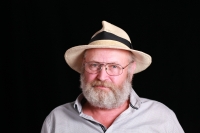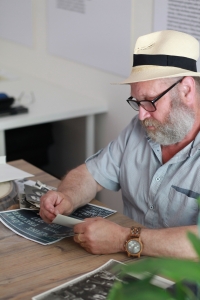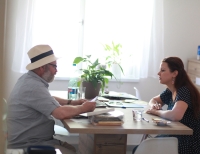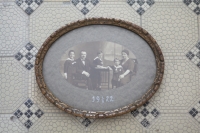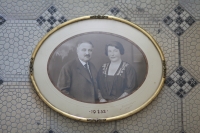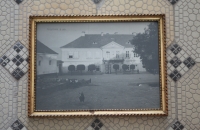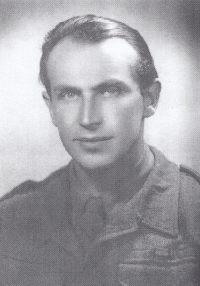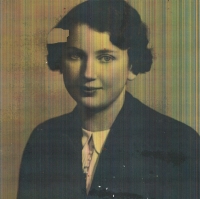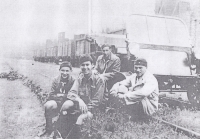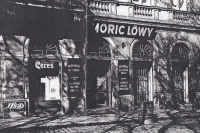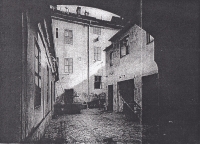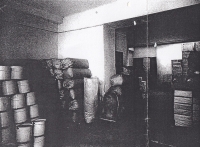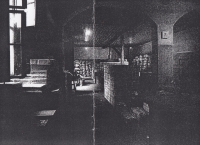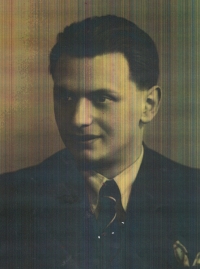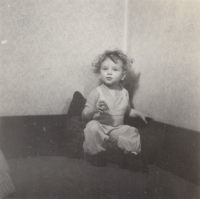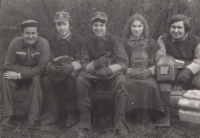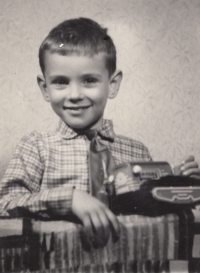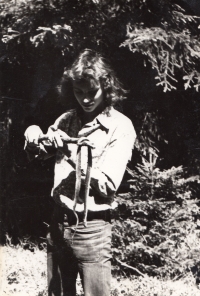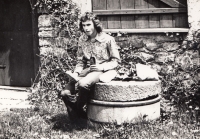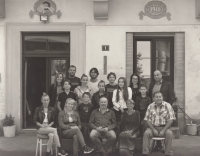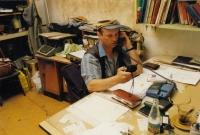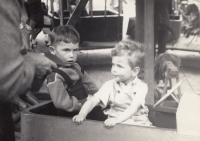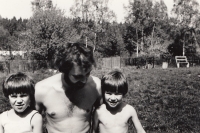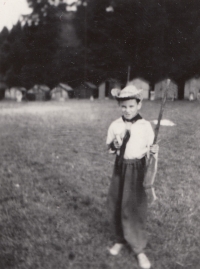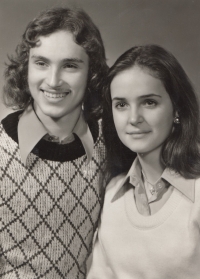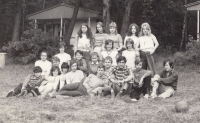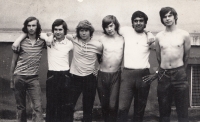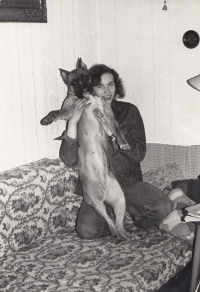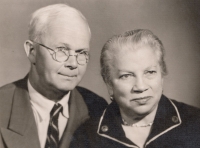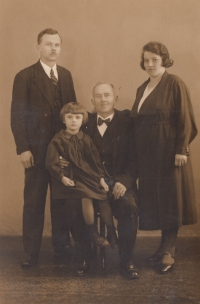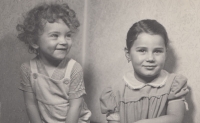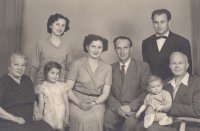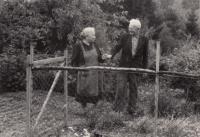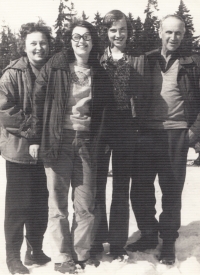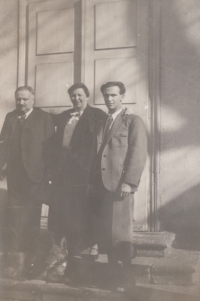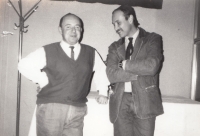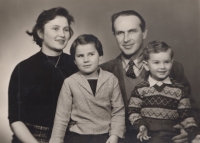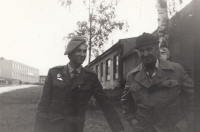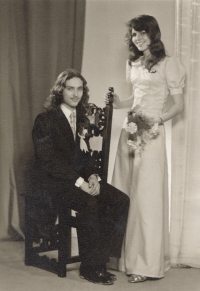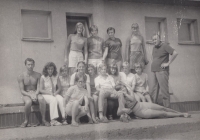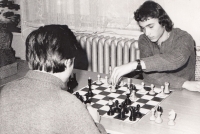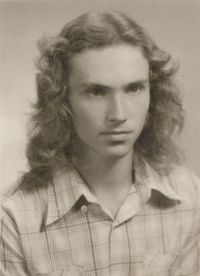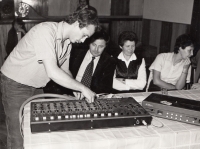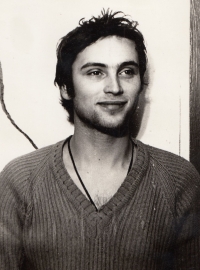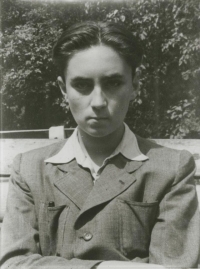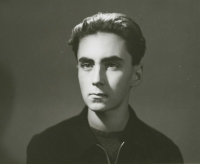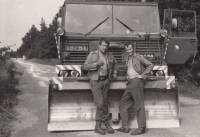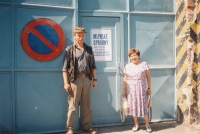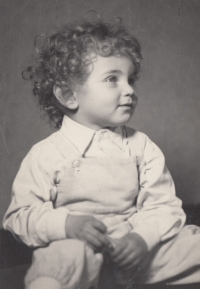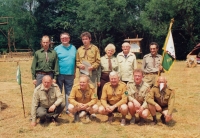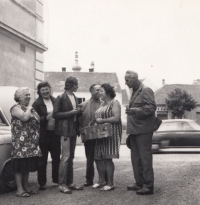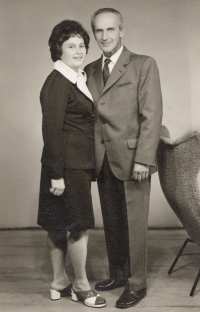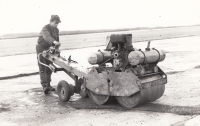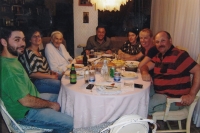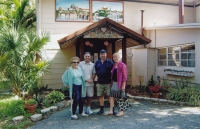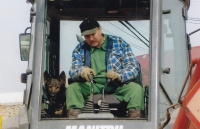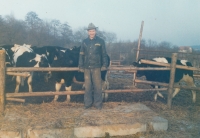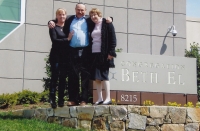The ones in our family who did not escape or hide died in the concentration camps.

Download image
Jiří Löwy was born on 23 September 1957 in Pilsen into a Jewish family. His father, Rudolf Löwy, and his brother Oscar joined the 1st Czechoslovak Independent Armoured Brigade Group in England. However, a lot of his ancestors perished in concentration camps during the Holocaust. The family initially lived in Touškov in a mill and then moved to Pilsen in 1962. However, the Pilsen city council decided they were undesirable in the city, so the parents and their daughter had to return. They could only return a year and a half later. Until then, Jiří Löwy was growing up with his grandparents. After the February 1948 coup, the communists took away his father’s large estate in Kunějovice and then forbade him to work in agriculture, even though he had graduated from an agricultural school. While his mother worked in a confectionery factory in Pilsen, his father was employed as a chauffeur. From an early age, Jiří Löwy was interested in Jewish monuments, history and life in the Jewish community. In Pardubice, he apprenticed as a repairer of mill machinery. After his apprenticeship, he worked as a locksmith in the state-owned company Mlýny Plzeň until the Velvet Revolution. In 1976 he joined the army, after which he married a non-Jewish woman. During Action Z, when he refused to take part in the demolition of the mill in Horní Bříza, he was expelled from the Socialist Youth Union. In July 2018, he was elected chairman of the Jewish Community of Pilsen and initiated the reconstruction of the Great Synagogue. He became vice-chairman and member of the board of directors of the Jewish Museum in Prague and a member of the praesidium of the Federation of Jewish Communities. At the time of filming (2022), he lived with his wife Marie on the family farm in Kunějovice, which his father had regained after the Velvet Revolution.
